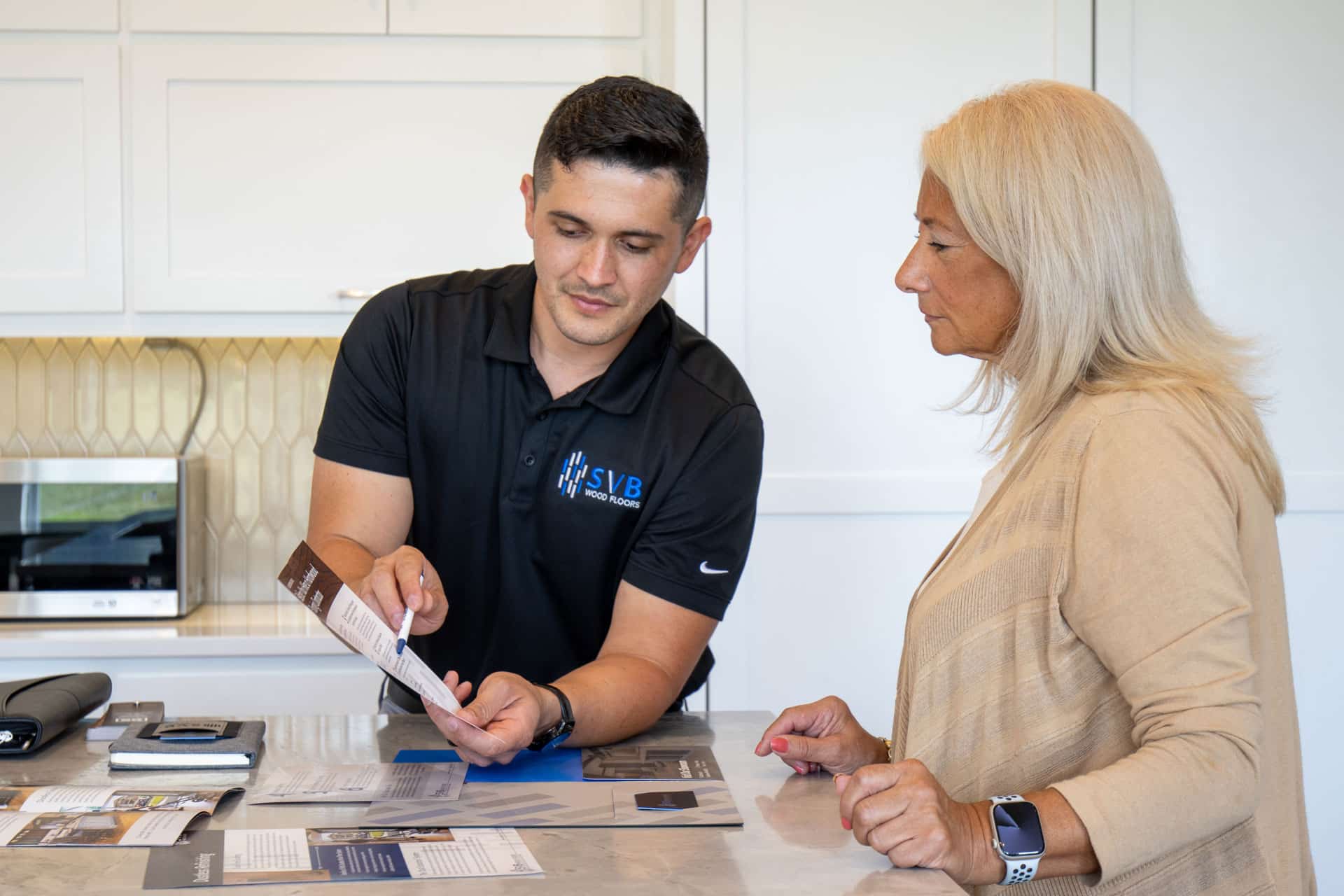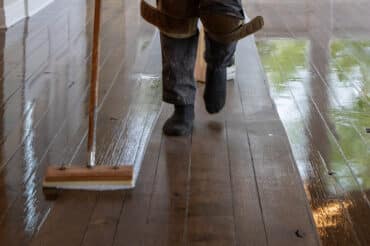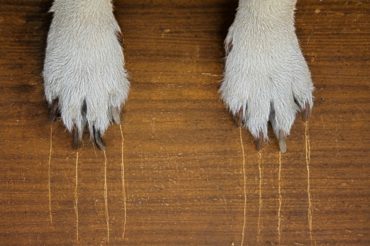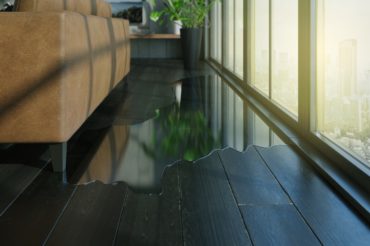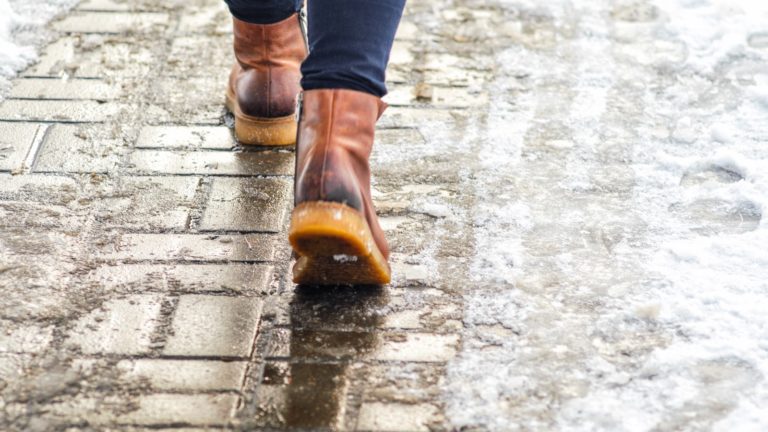
 Winter isn’t over yet! All of the ice melt and salt on the sidewalks in Kansas City can do harm to your beautiful hardwood floors. It starts out with moisture being tracked into your home from this wet, snowy, and icy weather. Moisture on your hardwood floors is never a good thing. But moisture mixed with salt or ice melt is even worse. If you are wondering how to protect your hardwood floor from these ice melt products, take a look below. Our hardwood floor experts made a list of helpful tips to keep your floors shining for years to come!
Winter isn’t over yet! All of the ice melt and salt on the sidewalks in Kansas City can do harm to your beautiful hardwood floors. It starts out with moisture being tracked into your home from this wet, snowy, and icy weather. Moisture on your hardwood floors is never a good thing. But moisture mixed with salt or ice melt is even worse. If you are wondering how to protect your hardwood floor from these ice melt products, take a look below. Our hardwood floor experts made a list of helpful tips to keep your floors shining for years to come!
Quick Cleanups are the Best Cleanups
As soon as a spill is made, or moisture rests on your floor, do everything you can to clean it up. The faster you remove the moisture, the less time it has to soak into your hardwood floor. If the residue is already dry, you can just sweep or vacuum the area. It is important to sweep or vacuum because you will remove any granules/rocks from your floor preventing them from scratching the surface. Pro tip: keep a soft and absorbent towel or rag near your doors so it’s easy and convenient to mop up messes when they happen.
What Chemicals Are in Ice Melt Products?
Most ice melt products are made of the same chemicals. They are either made from one, or a blend of, five materials including, calcium chloride, sodium chloride, potassium chloride, magnesium chloride, and urea. Calcium chloride is the most popular solution because of the high efficiency and low price. The only problem with salt is the high pH levels which act as floor strippers. It is known for breaking down the finish on your floor and making the wood below vulnerable.
How to Remove Salt or Ice Melt Stains
Since the chemicals in ice melt or salt breakdown the protection on your wood floors, they will sometimes leave behind a white film or residue after it dries. It’s best to neutralize this alkaline salt residue. You can do this with an acidic chemical. First, remove the film, with a soft cloth dampened with water. If residue remains after this, you can try one of two things; adding one cup of white vinegar diluted in a gallon of warm water, or a professional floor cleaning product. If you choose option one, use this cloth to buff the area in a circular motion and buff dry immediately. Test this method on a small area first. Once you see the results you were looking for, that is when you can expand the area.
Prevention Is Your Best Defense Against Hardwood Floor Damage
Instead of using ice melt products, try using kitty litter! It won’t get rid of the ice, but it will give a surface for your visitors shoes to grip onto. Kitty litter provides a softer texture than salt or ice melt and won’t scratch your floors nearly as easily. Another way you can prevent damage to your floors is by using lots of mats. Have a doormat on the inside and the outside of your home. Now they have the option to wipe their feet on more than one spot. This will hopefully keep these chemicals outside of your house.

